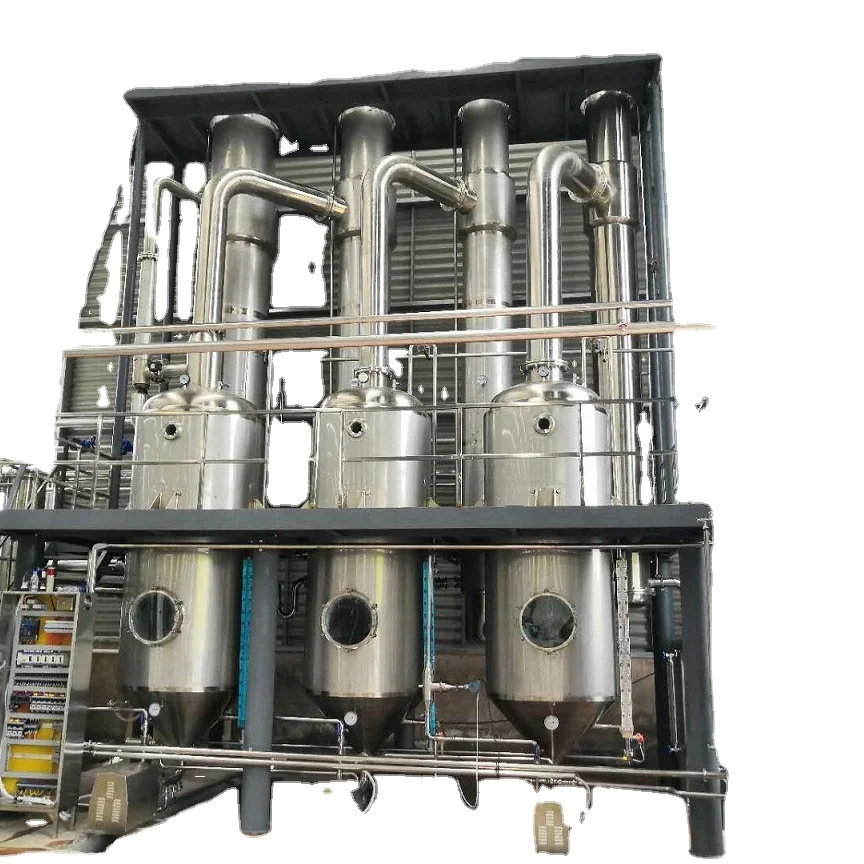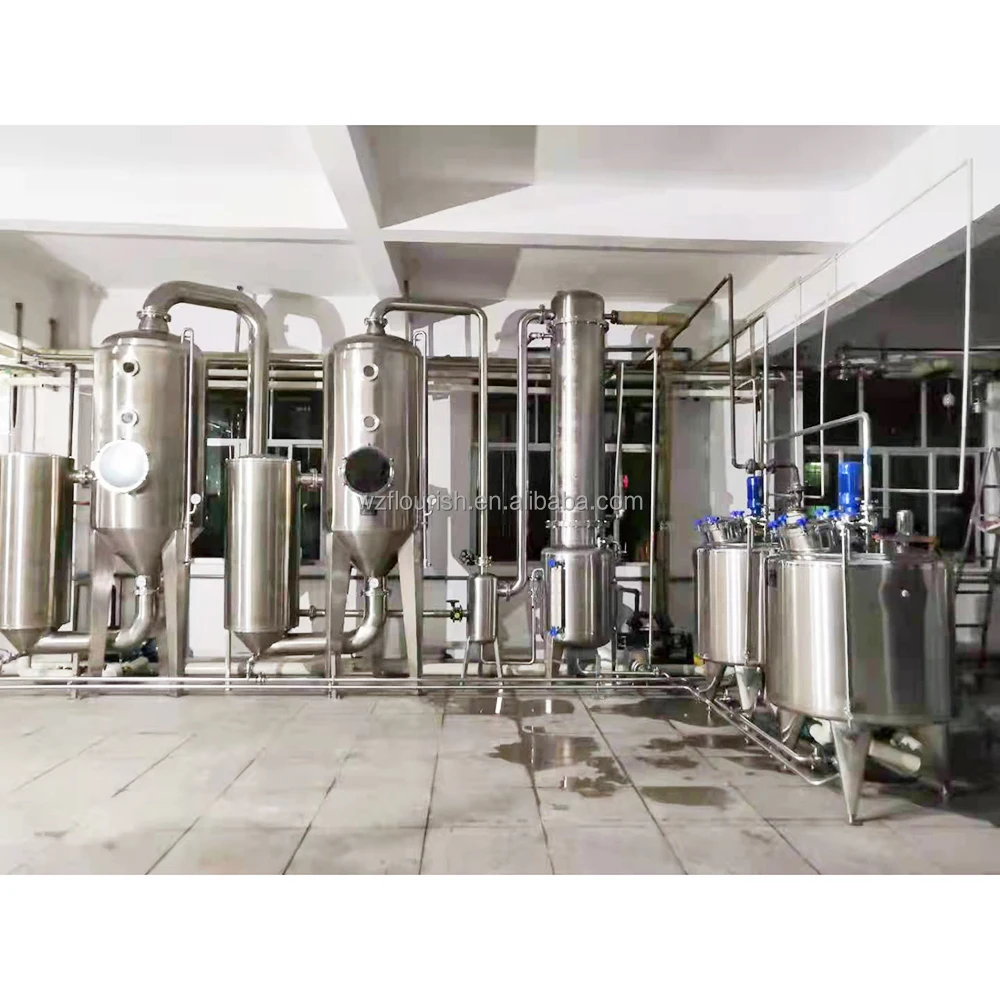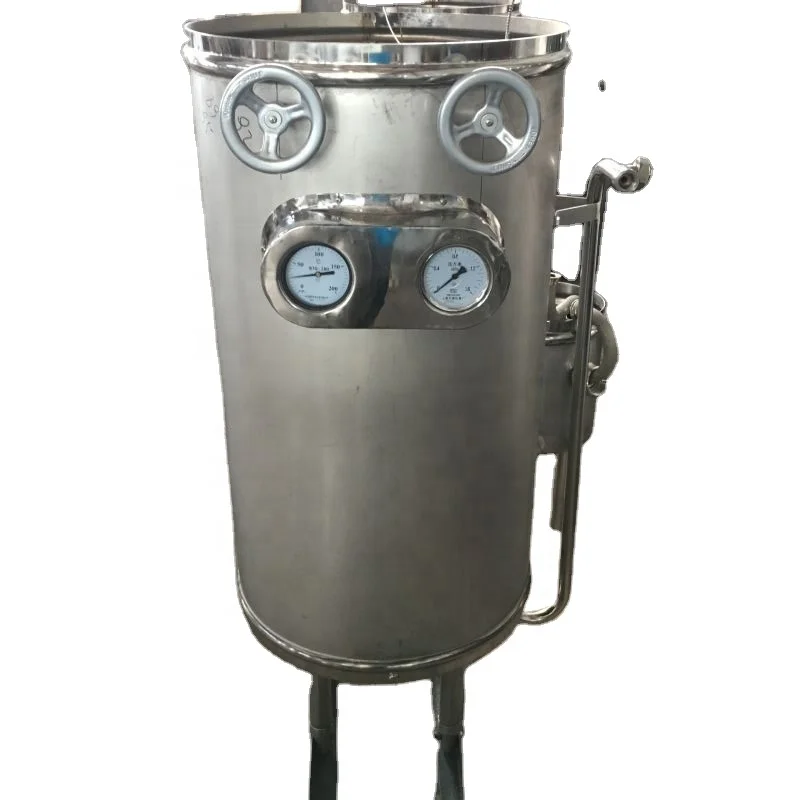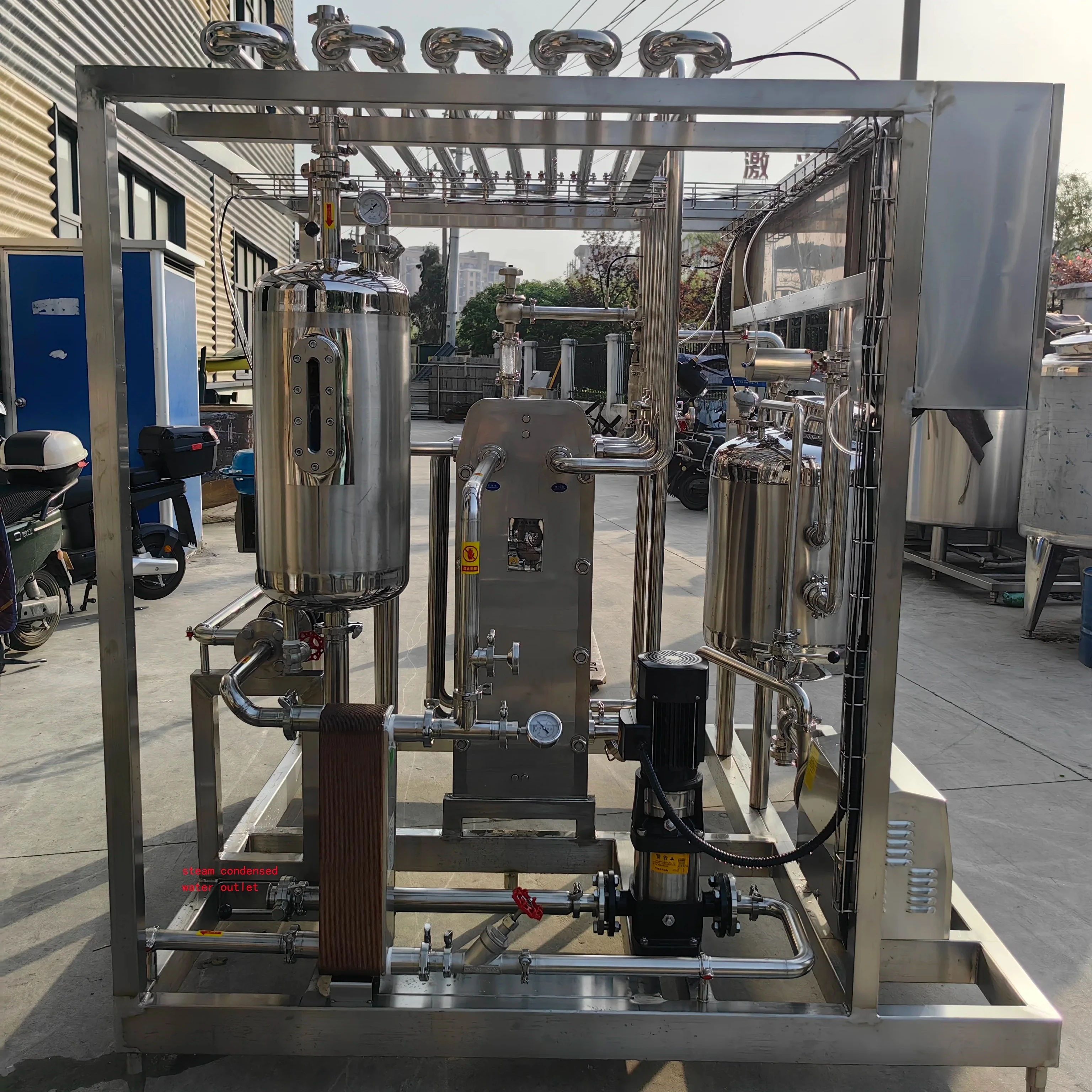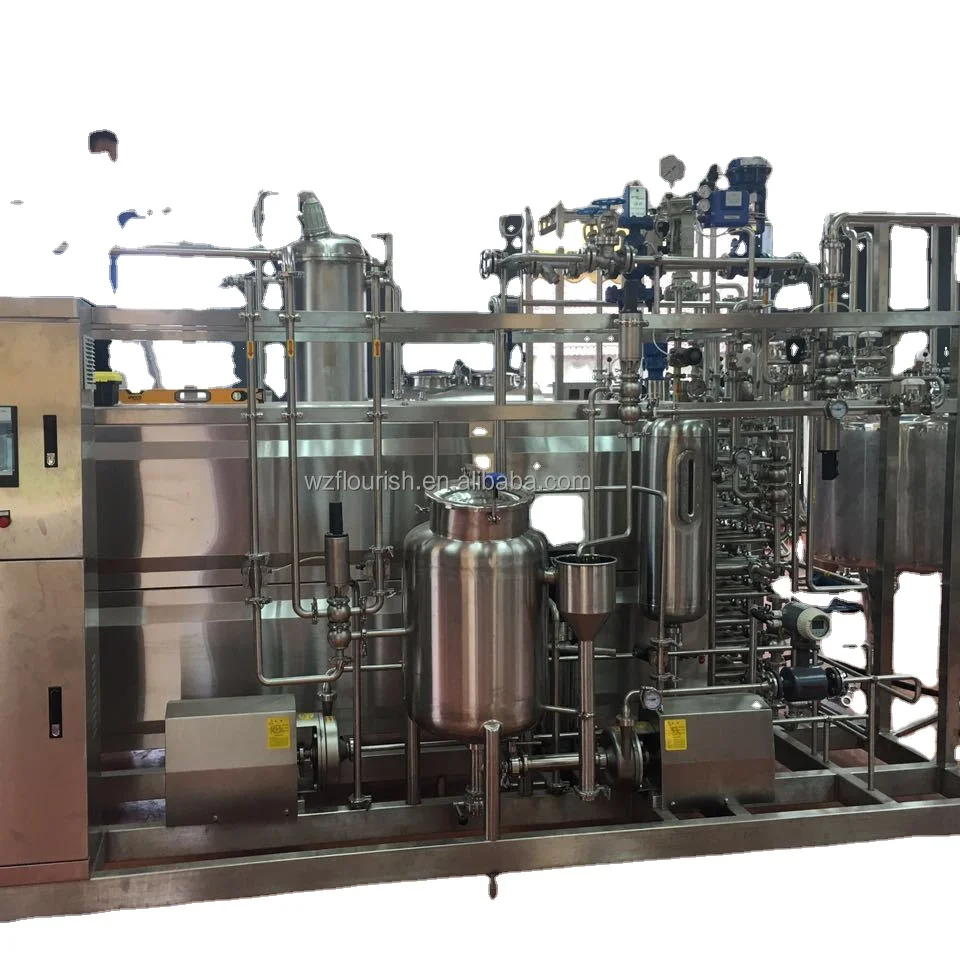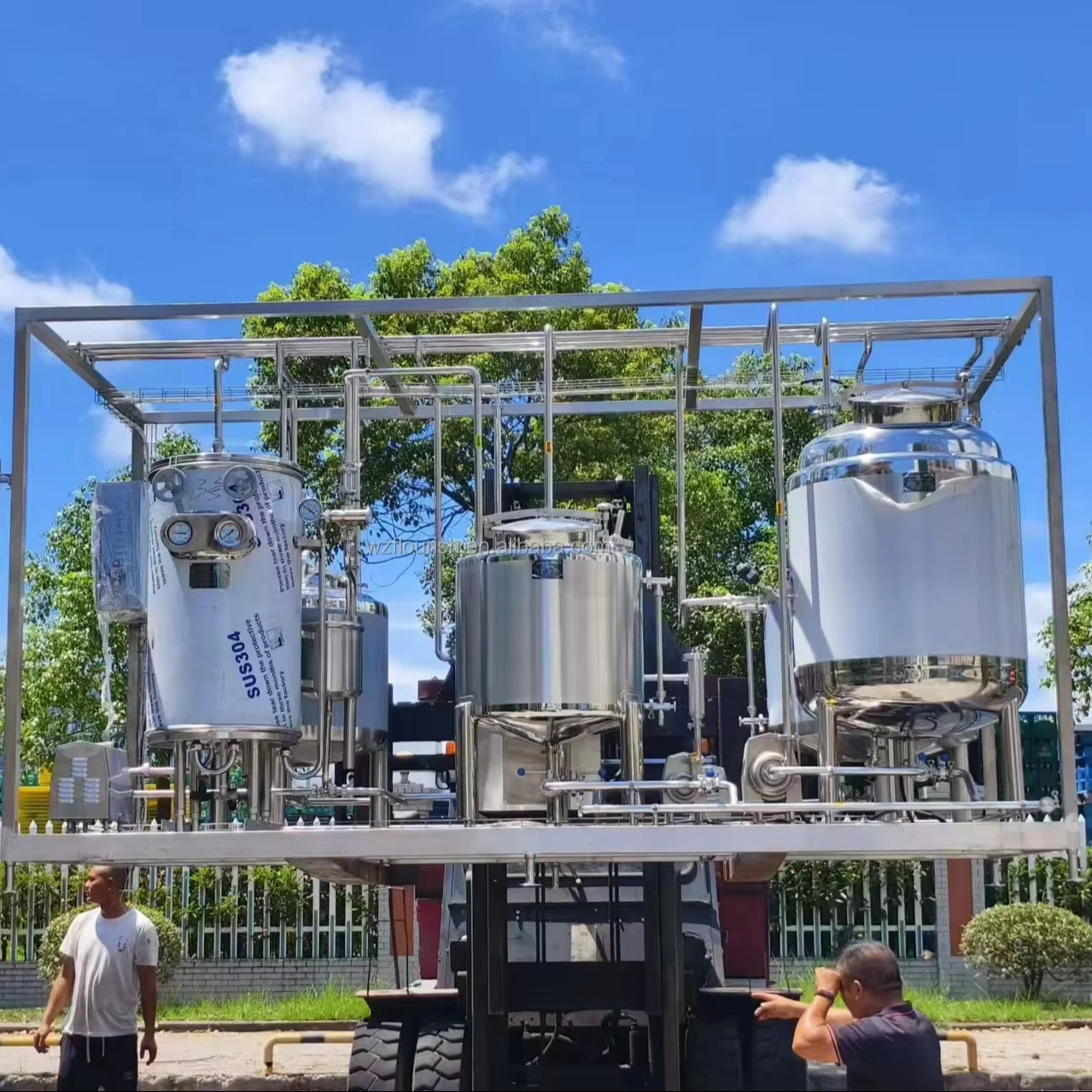ABOUT
Wenzhou Vince Machinery Science Co., Ltd. was established in early 1980s. Our company covers an area of 6500 square meters and is an independent legal representative firm, possessing rich economic technology strength. Our company is a high tech enterprise and plays an important role in national dairy, foodstuff, pharmacy and machinery industries. We are a beverage machinery supplier.
Since the establishment, our company has mainly engaged in dairy products, foodstuff, beverage machinery, bean products, yellow wine, medicines and fermentation projects. What's more, our company supplies a complete sequence services in manufacturing, installation, test and personnel train, as well as the whole direction service design and consulting service on product project construction or enlargement artistic distribution engineering sets budget.
PRODUCTS
Fermentation Tanks: Brewing's Secret Weapon
Types of Fermentation Tanks
The brewing industry utilizes a variety of fermentation tanks, each designed to meet specific needs and brewing styles. Stainless steel tanks are the most prevalent, prized for their durability, cleanability, and inertness, preventing unwanted reactions with the beer. They come in various shapes and sizes, from the compact conical fermenters ideal for small-batch brewing to large cylindrical tanks found in industrial breweries. Other materials, like wood, are also used, imparting unique flavor profiles to the finished product. Wooden tanks are often preferred for certain styles of beer, lending subtle notes of vanilla or oak, but require more meticulous cleaning and maintenance.
Conical fermenters, in particular, have revolutionized the brewing process. Their conical shape allows for efficient yeast harvesting and trub (spent yeast and hop matter) removal, resulting in cleaner, clearer beers. The conical bottom also allows for easier racking (transferring beer) and significantly reduces the risk of oxygen pickup, a common culprit in beer spoilage.
Temperature Control and its Importance
Precise temperature control is paramount during fermentation. Different yeast strains thrive at different temperatures, significantly impacting the final flavor profile of the beer. A lager yeast, for instance, requires cooler temperatures than an ale yeast. Modern fermentation tanks are equipped with advanced temperature control systems, often utilizing glycol jackets or immersion cooling coils to maintain the optimal temperature throughout the fermentation process. Maintaining a consistent temperature prevents off-flavors and ensures consistent quality across batches.
Fluctuations in temperature can lead to stalled fermentations, off-flavors, and even the production of undesirable compounds. The ability to accurately monitor and regulate temperature is crucial for producing high-quality, consistent beer, highlighting the importance of investing in high-quality temperature control systems for fermentation tanks.
Size and Capacity: Matching the Tank to the Brewing Operation
The size and capacity of a fermentation tank are dictated by the scale of the brewing operation. Craft breweries often utilize smaller tanks, allowing for experimentation with diverse beer styles and batches. Larger breweries, on the other hand, require significantly larger tanks to meet the high demand for their products. Choosing the right size tank is a crucial aspect of brewery planning, balancing production needs with efficient space utilization and minimizing unnecessary investment.
Oversizing or undersizing tanks can lead to logistical challenges and reduced efficiency. Undersized tanks may lead to bottlenecks in production, while oversized tanks may tie up capital unnecessarily and create challenges with managing inventory.
Cleaning and Sanitation: Maintaining Purity
Maintaining the cleanliness and sanitation of fermentation tanks is critical for preventing infections and ensuring beer quality. Thorough cleaning and sanitization protocols are followed after each fermentation cycle to remove any residual yeast, bacteria, or other contaminants. CIP (Clean-In-Place) systems are frequently employed in modern breweries, automating the cleaning process and ensuring consistent sanitation standards. Proper cleaning and sanitation procedures are essential to produce safe and enjoyable beer.
Contamination can lead to spoiled batches, significant financial losses, and damage to a brewery's reputation. Investing in effective cleaning and sanitation systems and adhering to stringent protocols is non-negotiable for any serious brewing operation.
SUBSCRIBE
INQUIRY

